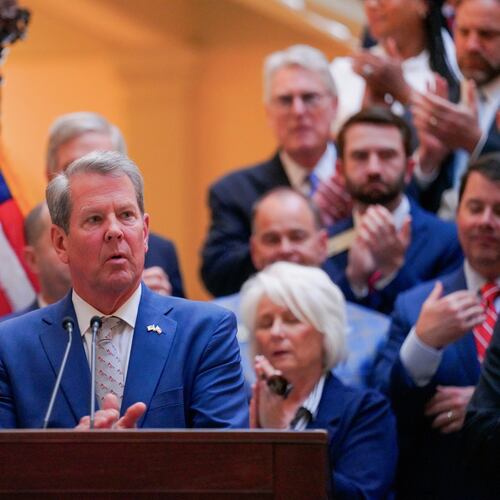It’s a convenience store with classical gas.
The owner of a 7-Eleven in California is using classical music to repel loiterers and panhandlers from hanging around the store, The Modesto Bee reported.
Since last summer, Sukhi Sandhu has been blaring opera or classical music from two speakers mounted outside the front of the store, the Bee reported.
"This is a win-win situation," Sandhu told the Bee. "I'm hearing nothing but positives."
Sandhu said the music creates a safer environment for customers.
"Once the music started, the riffraff left," Manuel Souza, 47, who is homeless and referred to himself as one of the riffraff, told the newspaper. "It's hard to hang out and gossip and joke around."
Sandhu said the music is part of a 7-Eleven program that uses non-confrontational methods to reduce loitering and similar behavior.
In a statement, 7-Eleven’s corporate office said, “We test a variety of programs in our stores that promote an excellent experience for our customers. We have received very positive feedback from our customers about the atmosphere created by the music devices piloted in several 7-Eleven stores across the U.S."
While Sandhu’s method appears to be effective, it is not new, the Bee reported.
According to several media accounts, convenience stores — including 7-Elevens in Canada — have used classical music to discourage panhandlers, the homeless and loitering teenagers.
About the Author
Keep Reading
The Latest
Featured



